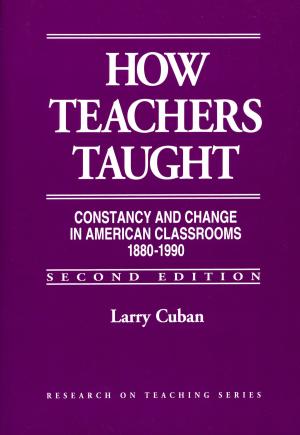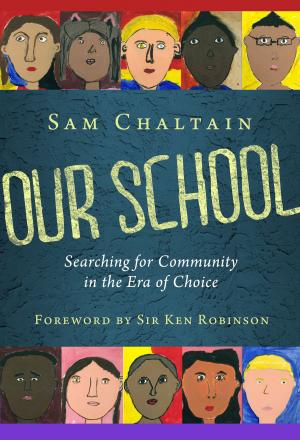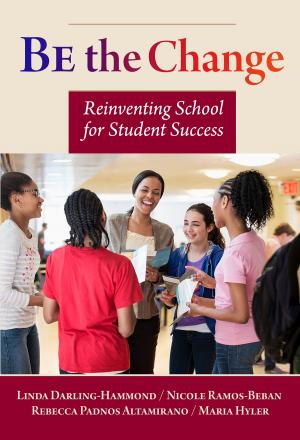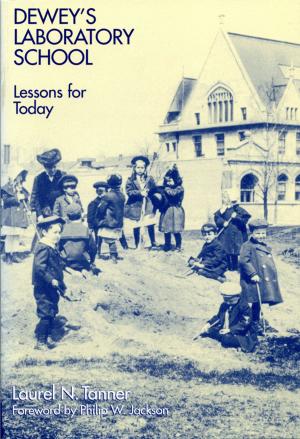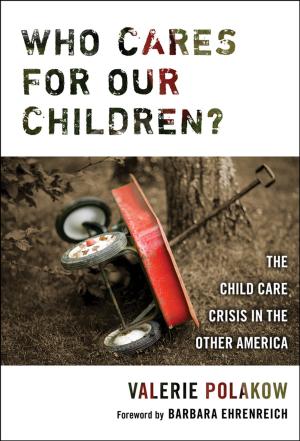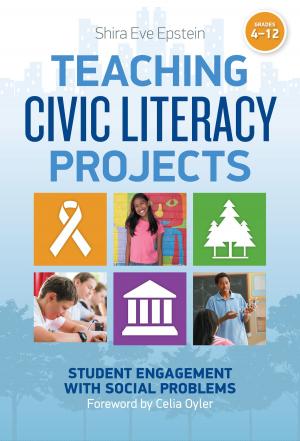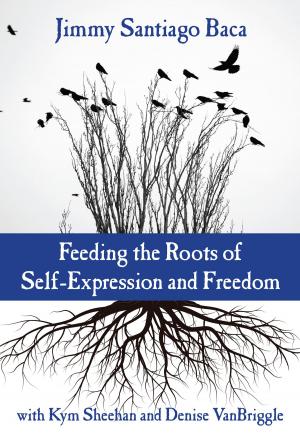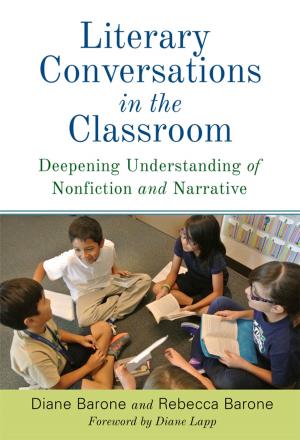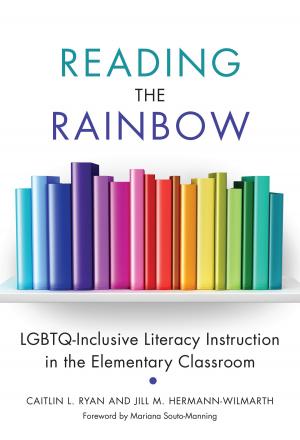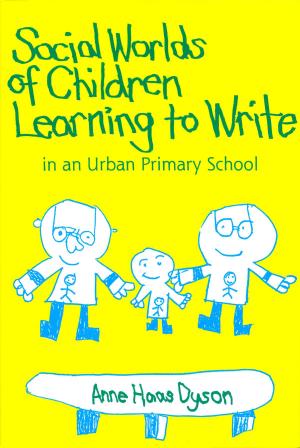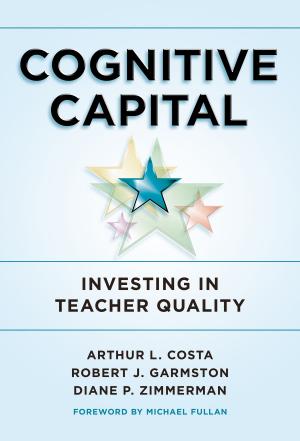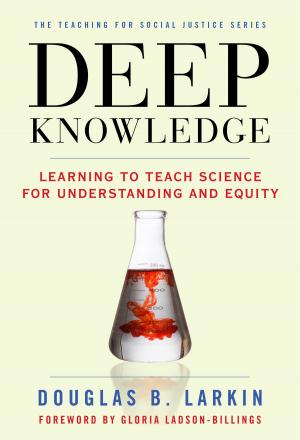Creating and Sustaining Online Professional Learning Communities
Nonfiction, Reference & Language, Education & Teaching, Teaching, Teaching Methods| Author: | Joni K. Falk, Brian Drayton | ISBN: | 9780807772140 |
| Publisher: | Teachers College Press | Publication: | December 15, 2009 |
| Imprint: | Language: | English |
| Author: | Joni K. Falk, Brian Drayton |
| ISBN: | 9780807772140 |
| Publisher: | Teachers College Press |
| Publication: | December 15, 2009 |
| Imprint: | |
| Language: | English |
This volume presents the work of trailblazing researchers and developers of electronic communities for professional learning. It illuminates the essential work behind the scenes in building successful online communities and scaffolding site interactions, including content selection, creation and management, administrative structures, tools and interactive functionalities, the facilitation of discourse and emergent subcommunities, and the development of online leadership. While each of the authors is well versed in Web site design, new technologies, and collaborative Web tools, their work is deeply influenced and informed by scholarship which has unfolded over the last three decades about how professional learning takes place, particularly for math and science educators.
The communities and authors featured provide different forms of online professional development for university professors, K12 teachers, and administrators, among others. Their insights will be of interest to anyone designing, sustaining, or studying electronic learning environments, regardless of the specific subject matter.
Contributors: Sasha A. Barab, Bertram (Chip) Bruce, Susan J. Doubler, Soo-Young Lee, Flora McMartin, Jon Obuchowski, Andee Rubin Rebecca K. Scheckler, and Wesley Shumar.
“Creating and Sustaining Online Professional Learning Communities explores the varied, conflicting, productive, and unexpected ways that online communities can contribute to teacher professional development and offers concrete solutions.”
—From the Foreword by Marcia C. Linn, University of California, Berkeley
“There’s a lot to be learned from these insightful reflections from pioneers about designing and operating online learning communities for mathematics and science educators—as they look ‘behind the scenes’ at the human intuitions, decisions, social actions, and re-designs that have kept these communities in productive motion.”
—Roy Pea, Stanford University
This volume presents the work of trailblazing researchers and developers of electronic communities for professional learning. It illuminates the essential work behind the scenes in building successful online communities and scaffolding site interactions, including content selection, creation and management, administrative structures, tools and interactive functionalities, the facilitation of discourse and emergent subcommunities, and the development of online leadership. While each of the authors is well versed in Web site design, new technologies, and collaborative Web tools, their work is deeply influenced and informed by scholarship which has unfolded over the last three decades about how professional learning takes place, particularly for math and science educators.
The communities and authors featured provide different forms of online professional development for university professors, K12 teachers, and administrators, among others. Their insights will be of interest to anyone designing, sustaining, or studying electronic learning environments, regardless of the specific subject matter.
Contributors: Sasha A. Barab, Bertram (Chip) Bruce, Susan J. Doubler, Soo-Young Lee, Flora McMartin, Jon Obuchowski, Andee Rubin Rebecca K. Scheckler, and Wesley Shumar.
“Creating and Sustaining Online Professional Learning Communities explores the varied, conflicting, productive, and unexpected ways that online communities can contribute to teacher professional development and offers concrete solutions.”
—From the Foreword by Marcia C. Linn, University of California, Berkeley
“There’s a lot to be learned from these insightful reflections from pioneers about designing and operating online learning communities for mathematics and science educators—as they look ‘behind the scenes’ at the human intuitions, decisions, social actions, and re-designs that have kept these communities in productive motion.”
—Roy Pea, Stanford University

